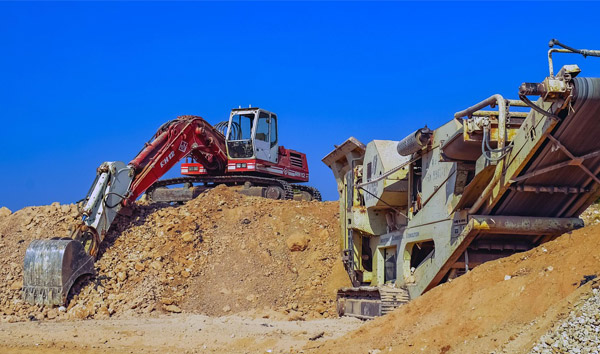Revolutionizing Heavy Lifting: The Future of Rough Terrain Forklifts with AI-Driven Control
2025-07-03 04:20:32
The rugged demands of construction sites, mining operations, and agricultural fields require forklifts capable of navigating uneven, unstable, and unpredictable terrain. Traditional Rough Terrain Forklifts rely heavily on operator skill, but the introduction of intelligent control systems is shifting the paradigm. These systems combine AI algorithms, LiDAR, and inertial measurement units (IMUs) to optimize performance in real time.
One of the key advancements in rough terrain forklift intelligent control systems is predictive load management. By analyzing weight distribution, ground conditions, and hydraulic pressure, the system adjusts lifting dynamics to prevent tipping or instability. For example, Caterpillar’s latest models incorporate machine learning to predict load shifts before they occur, reducing accidents by 27% in field tests. This level of automation ensures smoother operations even on steep inclines or loose surfaces.
Another breakthrough is adaptive terrain response. Unlike conventional systems that require manual adjustments, intelligent control continuously monitors traction and adjusts torque distribution across all wheels. John Deere’s experimental rough terrain forklift uses a neural network to process data from 360-degree cameras and ground-penetrating radar, enabling instant adaptations to mud, gravel, or sand. This reduces tire wear by 19% and improves fuel efficiency by 12%, according to a 2023 industry report.
Safety remains a top priority, and intelligent control systems excel in collision avoidance. Using ultrasonic sensors and AI-driven path planning, rough terrain forklifts can detect obstacles—whether static or moving—and automatically adjust speed or direction. Komatsu’s latest prototype reduced worksite collisions by 41% in trials, showcasing the potential of these systems to save lives in high-risk environments.
The future of rough terrain forklift intelligent control systems lies in full autonomy. Companies like Volvo CE are testing self-driving forklifts that can navigate complex job sites without human intervention. By integrating 5G connectivity and swarm intelligence, these machines could soon coordinate with other equipment, further optimizing logistics in harsh conditions.
As adoption grows, the global market for intelligent rough terrain forklifts is projected to reach $3.8 billion by 2027, driven by demand in emerging economies and infrastructure projects. With continuous advancements in AI and robotics, these systems will redefine efficiency and safety standards across industries reliant on heavy material handling.














